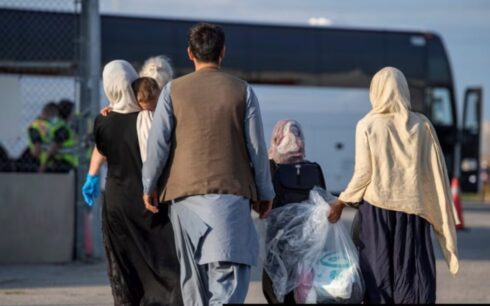The US on Wednesday announced it was imposing additional visa restrictions on certain current and former Taliban members and other individuals believed to be responsible for, or complicit in, “repressing women and girls in Afghanistan.”
Antony Blinken, the US Secretary of State, said in a statement that “the immediate family members of such persons may also be subject to these visa restrictions.”
“Decisions by the Taliban to ban women from universities and from working with NGOs, and other measures including the closure of secondary schools for girls, has “again shown their (Taliban’s) disregard for the welfare of the Afghan people,” he said in the statement.
“So far, the Taliban’s actions have forced over one million school-aged Afghan girls and young women out of the classroom, with more women out of universities and countless Afghan women out of the workforce. These numbers will only grow as time goes on, worsening the country’s already dire economic and humanitarian crises.
“Women’s and girls’ quality, safe, and inclusive education and workforce participation is essential to growing and strengthening economies, reducing inequality, and fostering stability. Equal access to education and work is also an essential component to the vitality and resiliency of entire populations, including all adults and children, regardless of gender,” he said.
“The Taliban cannot expect the respect and support of the international community until they respect the human rights and fundamental freedoms of all Afghans, including women and girls,” Blinken stated.
He added that the US continues to coordinate closely with allies and partners around the world “on an approach that makes clear to the Taliban that their actions will carry significant costs and close the path to improved relations with the international community.”
“We condemn in the strongest of terms the Taliban’s actions,” he said.
Since coming into power in August 2021, the Taliban has systematically erased women from society and in the last year it has closed universities to female students across the country, barred girls from attending secondary school, restricted women and girls’ freedom of movement, excluded women from most areas of the workforce including NGOs and banned women from using participating in sport, and visiting parks, gyms and public bath houses.





